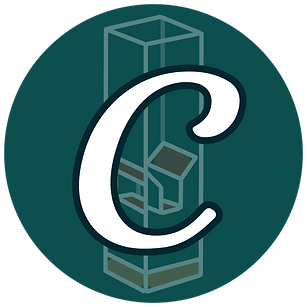top of page
Here's how:
Cuvette Collective is a team of scientists & creatives helping research organizations achieve societal impacts.
Science with Impact is a YouTube channel and podcast that connects everyday life and stories to recent advancements in scientific research.
Cuvette Empowered is a 501(c)(3) nonprofit organization providing supplemental awards to under-resourced research scientists.
Encouragers
bottom of page





.png)

.png)






















